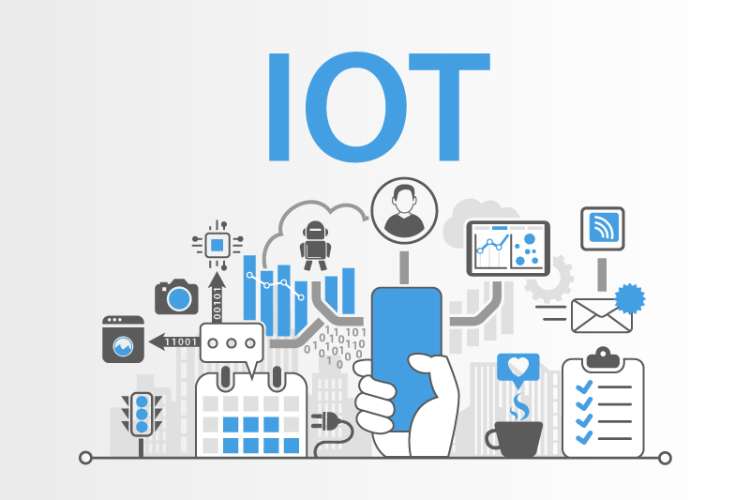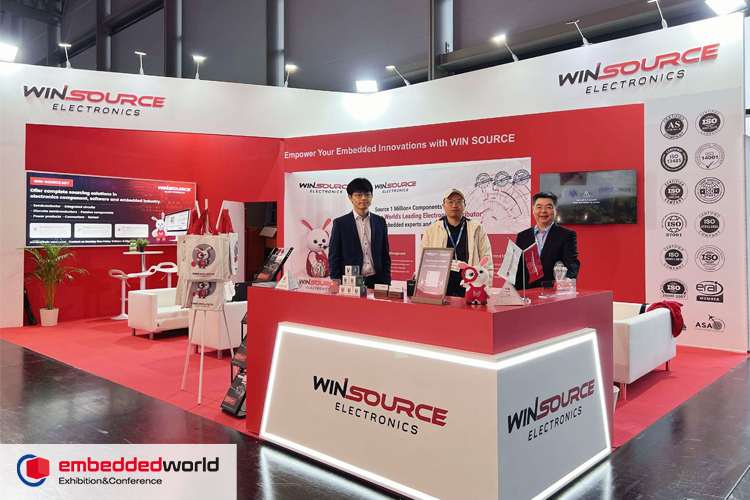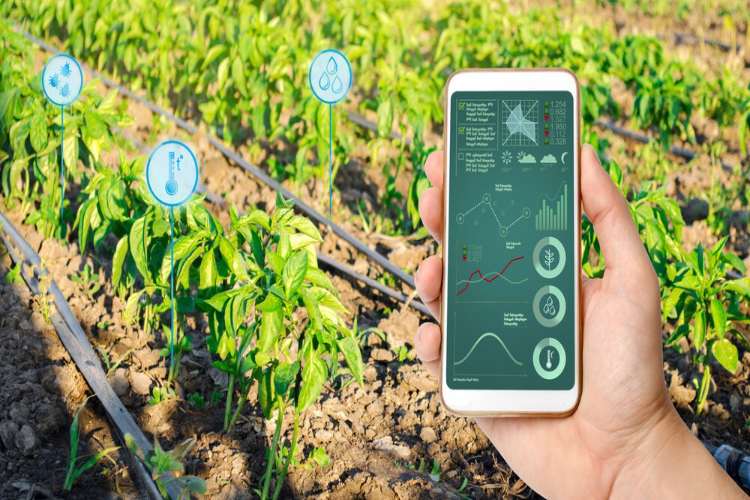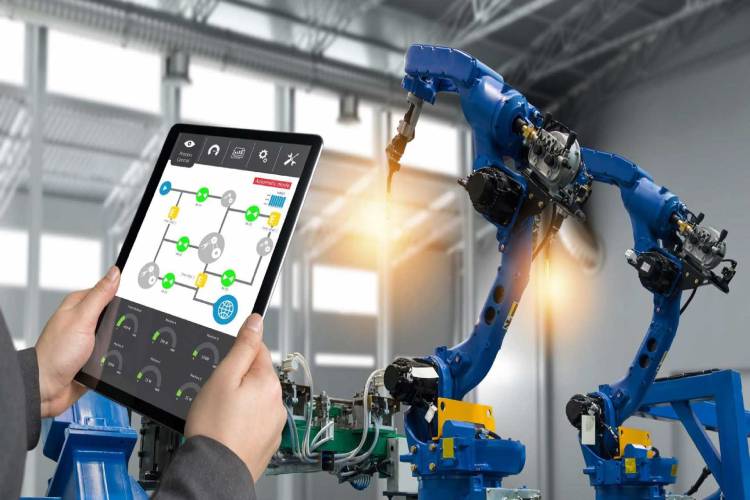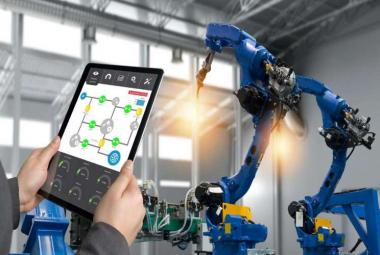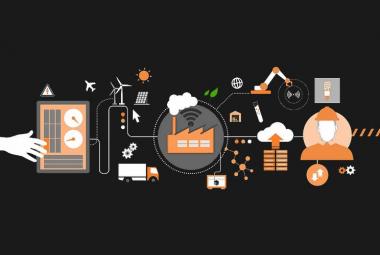The sensors backed by IoT technology helps in analyzing the health of the manufacturing devices and equipment and signals operators when the machines require maintenance
With the onset of innovative technologies like the Internet of Things (IoT), the manufacturing industry has been going through a lot of changes and in fact, there is a huge transformation in the way manufacturers function. The production procedure is optimized with the help of this technology, and also it perks-up efficiency, and decreases costs. For the economy of the nation, the manufacturing industry has been of the most imperative components, contributing immensely to India’s growth and GDP, and offering jobs to millions of people.
The sensors backed by IoT technology helps in analyzing the health of the manufacturing devices and equipment and signals operators when the machines require maintenance. Dubbed as predictive maintenance, IoT also helps the industry in saving a lot of money by wiping out pricey repairs and decreasing unplanned downtime.
As per reports, manufacturers in India have already commenced deploying predictive maintenance, which is extremely useful in the automobile industry. This is because in this industry, the equipment and the machines are subjected to a lot of maintenance. Tata Motors has of late unleashed sensors backed by IoT in their cars to analyze health, which has ultimately decreased downtime and ameliorated reliability.
Now, the supply chains can also be optimized with the assistance of IoT by offering real-time or seamless information on inventory levels, time of delivery, and shipping status. The lead times can be decreased with the help of this information, perk-up delivery schedules, and reduce inventory charges. In India’s pharmaceutical industry, IoT is massively used to optimize the supply chains.
Most importantly, the product’s quality can also be improved with the aid of IoT, which is mostly by supervising the humidity and temperature levels in all the storage facilities. Now, if pressure, humidity and temperature can be monitored effectively then manufacturers can have a clear idea in which level their products have met the quality standards. On the other hand, energy usage is a very important aspect in manufacturing processes. This is where IoT steps in to reduce carbon emissions by providing accurate data on energy usage.
Moreover, health and safety of the workers in the industry are also monitored perfectly by IoT by providing accurate data. By analyzing some imperative aspects such as air quality, temperature, and humidity, manufacturers will be able to understand whether their employees are working in a safer environment or not. In India, global giants such as Vedanta have deployed IoT powered sensors to track safety and health of the labors.

